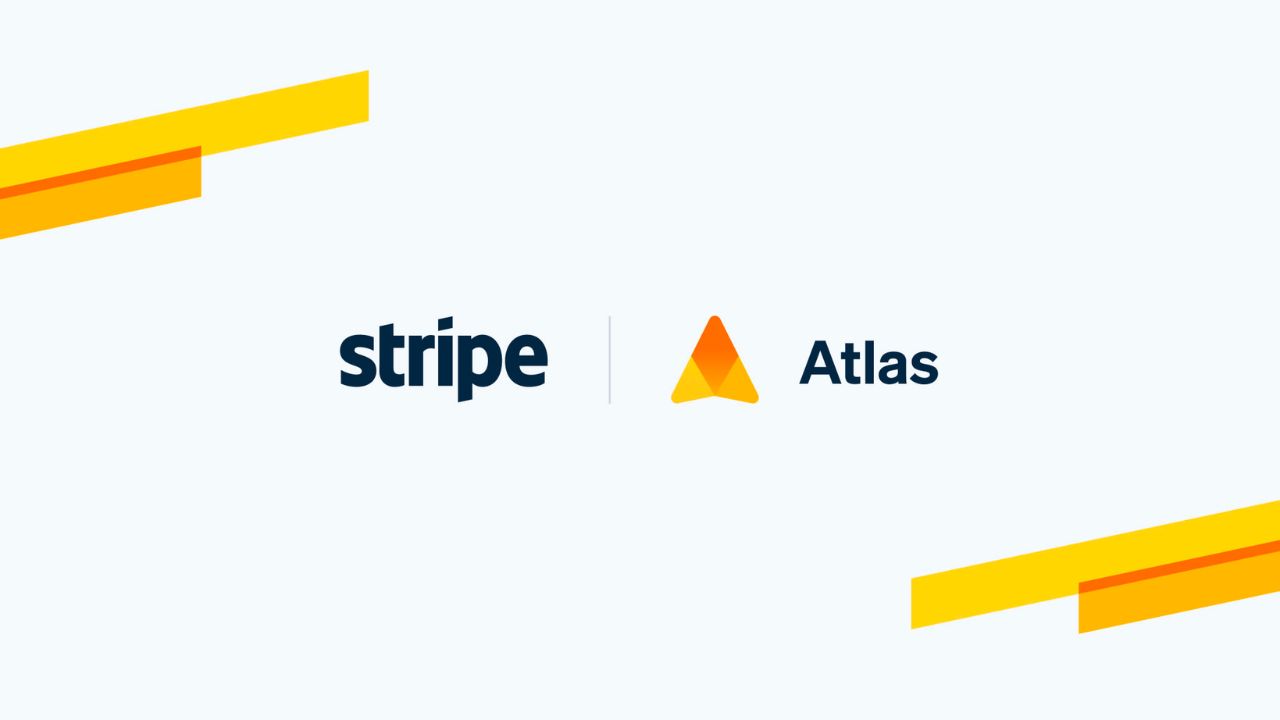Stripe Atlas launched their private beta back in February of 2016 and has helped create over 20,000 startups in the last five years. The service was designed by digital infrastructure giant Stripe and streamlined the incorporation process for entrepreneurs. Their service hopes to remove geographical barriers by allowing entrepreneurs around the world to incorporate their businesses in Delaware, giving founders in emerging markets an even playing field. This also improves foreign founders’ ability to utilize the U.S banking system and U.S exclusive financial service firms.
Over the course of the last five years Stripe Atlas has helped launch over 20,000 businesses in 162 countries, creating $3 billion in revenues, and are predicted to create 219,000 jobs by the end of 2021. This means that, on average, each Stripe Atlas business creates roughly 11 jobs and $150,000 in annual revenues. Their census survey asked 1,136 founders a handful of questions and revealed that their founders plan to hire an average of 7 employees in the next 12 months, placing their total employee counts on average at 18. The service has done an excellent job of breaking down barriers to entry with 43.27% of their respondents reporting that bureaucracy was their biggest hurdle prior to starting with Atlas.
An Endeavor Insight report titled “Fostering Productive Entrepreneurship Communities” found that simply starting up companies would not result in sustainable economic growth. In fact, it was found that having a surplus of smaller companies may be more detrimental to growth than positive as small firms cannibalize each other and may create entrepreneurship environments where unqualified leaders waste efforts on low-potential businesses. The solution was found to be supporting entrepreneurs who have reached scale and encouraging them to engage with, as well as, mentor smaller founders who seek to reach a scale of 100+ employees. In Bangalore, it was found that roughly 90% of job creation comes from high-impact firms despite these firms only constituting 5% of all companies in the region.
Similar conclusions were drawn in “Entrepreneurship, Innovation and Economic Growth: Evidence from GEM data”, a report by the peer-reviewed journal Small Business Economics where it was found that high-potential entrepreneurship activity has the most impact on GDP than any other type of entrepreneurship.
So, what does this mean for Stripe Atlas founders? To be clear, this does not indicate that efforts by Stripe Atlas are detrimental to entrepreneurship. In fact, removing barriers to entrepreneurship may lead to the creation of serial entrepreneurs who are constantly innovating and disrupting their local ecosystems. Out of Stripe Atlas’ 1,136 census survey respondents, 13 founders plan to hire 50+ employees in the next 12 months. Without the Atlas service, it is entirely possible that these entrepreneurs would have had to wait significantly longer to start their businesses or may have refused to start altogether because of the barriers to entry.
If these 13 founders were to lend their expertise to their peers seeking to scale upwards and receive the support of their local entrepreneurship communities, the resulting multiplier effect of their impact would create entrepreneurial hubs that would lead to prosperous cycles of innovation for years to come. We encourage Stripe Atlas’ founders to seek support from successful local entrepreneurs in their communities and entrepreneur support programs to best ensure the success of their ventures.
At Endeavor, we put entrepreneurs first and encourage founders to dream big, scale up, and pay it forward to the next generation of entrepreneurs. We welcome Stripe Atlas startup founders to join our community of high-impact entrepreneurs and share their knowledge with upcoming founders in their cities. We wish Stripe Atlas the best in their continuing efforts to promote entrepreneurship and we encourage their entrepreneurs to reach out to support organizations like Endeavor to reach greater heights as they scale up.
Research for this blog post can be found in the following articles: “Fostering Productive Entrepreneurship Communities” by Endeavor Insight and “Entrepreneurship, Innovation and Economic Growth: Evidence from GEM data” by Small Business Economics. Additional reporting provided by Endeavor staff member Laura Ginebra.



